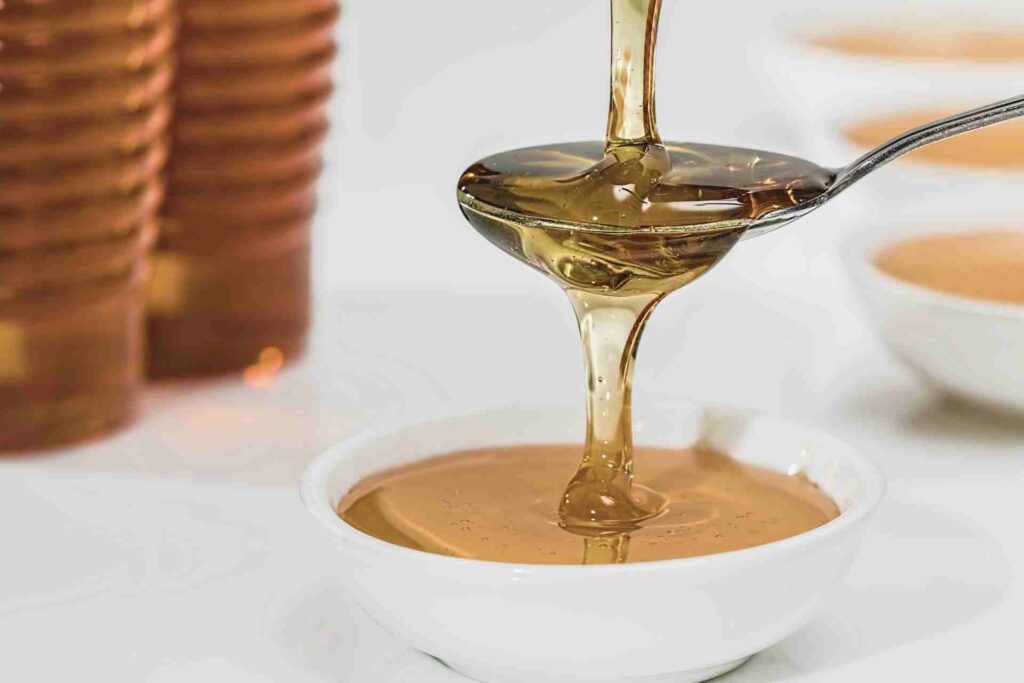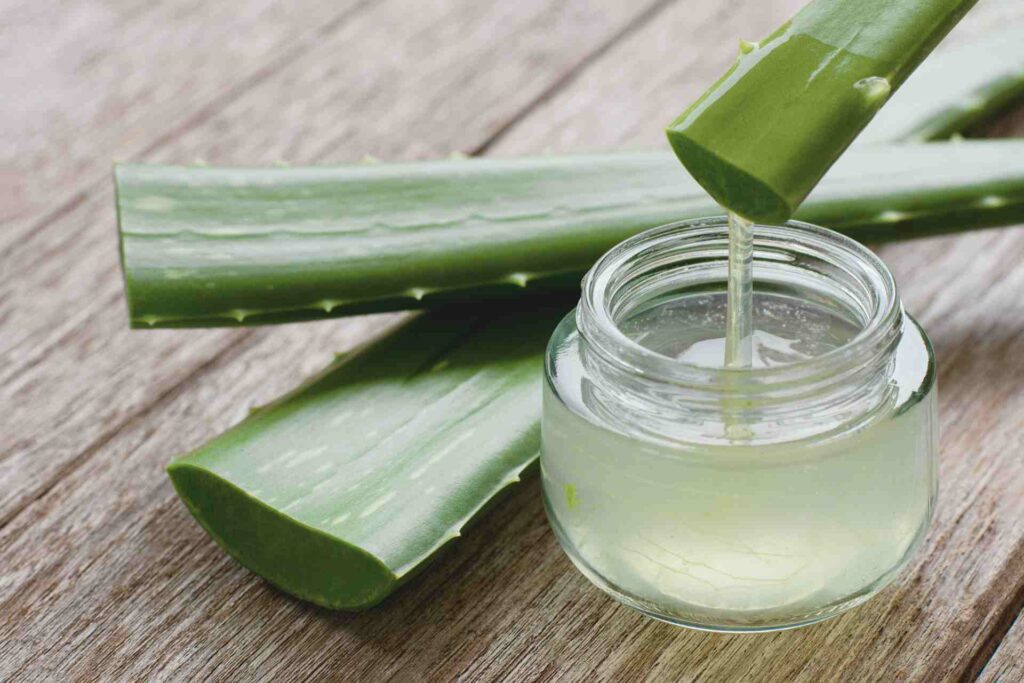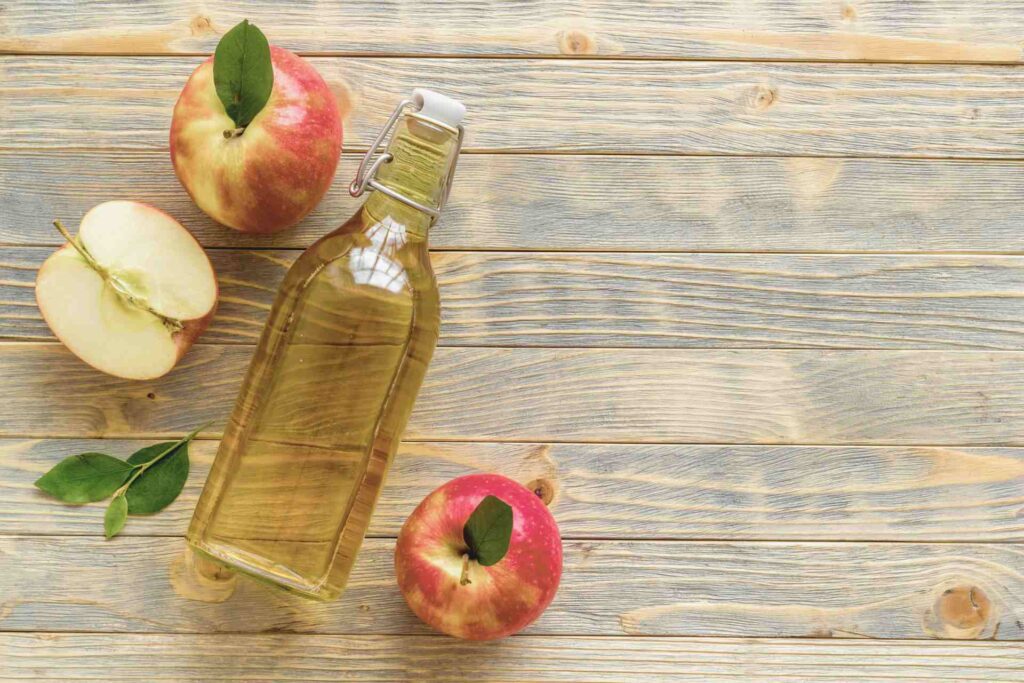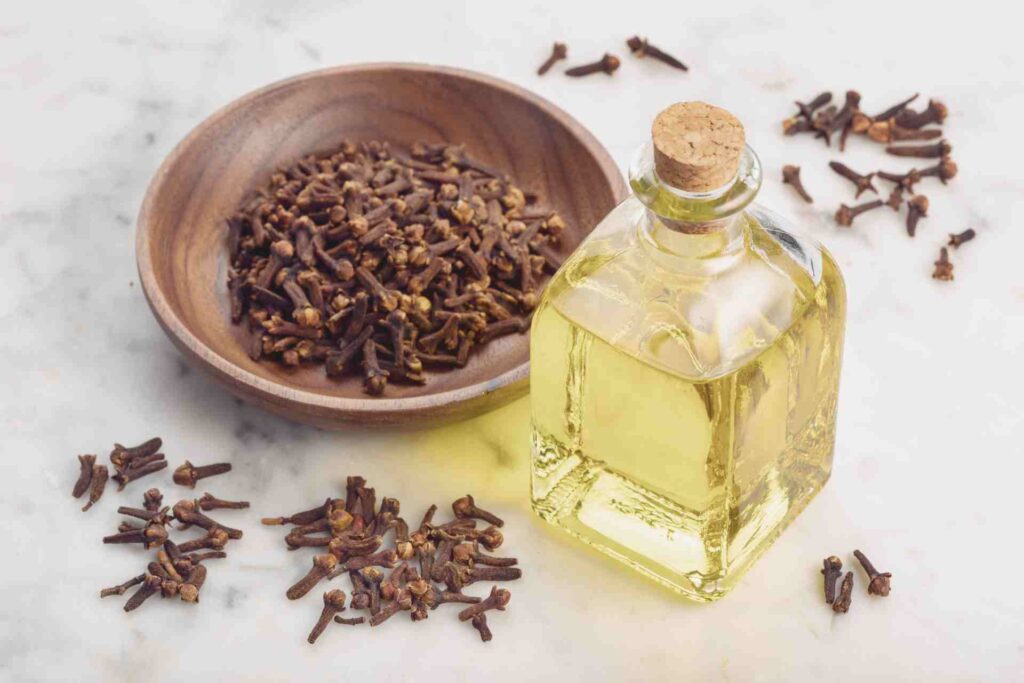Highlights:
- Mouth ulcers (canker sores) are painful but treatable naturally
- Simple home remedies can offer fast relief
- Lifestyle changes help prevent recurrence
- Know when to seek professional care
What Are Mouth Ulcers?
Mouth ulcers—often called canker sores—are those small, painful spots that seem to pop up out of nowhere. They usually appear on the inside of the lips, cheeks, or under the tongue, and while they’re not contagious, they can definitely make eating, talking, and even smiling uncomfortable.
If you’ve ever had one, you know they can be surprisingly painful. Talking, eating, and even brushing your teeth might feel like a struggle. They often start with a tingling or burning sensation before the sore actually appears.
So, what causes them? It’s usually a mix of things:
- Minor injuries (like accidentally biting your cheek)
- Stress or lack of sleep
- Food sensitivities (especially acidic or spicy foods)
- Nutritional deficiencies—like low levels of vitamin B12, folate, or iron
While they’re uncomfortable, most mouth ulcers are harmless and heal on their own in a week or two. But if you’re dealing with frequent or severe sores, it could point to an underlying issue. Natural ways to ease mouth sores—like soothing rinses or lifestyle adjustments—can help minimize irritation and support healing.
If a sore sticks around longer than two weeks or becomes unusually painful, it’s a good idea to check in with your dentist or doctor.
If you’re expecting, make sure to check out my guide on canker sores during pregnancy!
How to Cure Mouth Ulcers Fast Naturally: 7 Remedies That Work
1. Use a Salt Water Rinse

When in doubt, go back to basics. A salt water rinse is one of the most effective and accessible remedies for mouth ulcers.
Salt acts as a natural antiseptic. It helps dry out the sore, reduce bacteria, and promote healing without harsh chemicals. Just dissolve half a teaspoon of salt in a cup of warm water, swish it gently in your mouth for about 30 seconds, then spit it out. Repeat a few times daily, especially after meals.
If you’ve ever wondered exactly how salt helps in oral care, here’s a closer look at how salt water affects bacteria in the mouth.
And according to the NHS guide on mouth ulcers, this simple rinse can be an important part of symptom management at home.
2. Apply Raw Honey

Sweet relief—literally. Raw honey is one of nature’s best healers when it comes to soothing mouth ulcers.
Thanks to its antibacterial, anti-inflammatory, and wound-healing properties, honey can help reduce pain and swelling while speeding up recovery.
- dab a small amount directly onto the ulcer using a clean fingertip or cotton swab
- reapply a few times a day, especially after eating
The key here is raw, unprocessed honey—the kind packed with natural enzymes and antioxidants. It’s a gentle, tasty option that not only coats the sore but also protects it as it heals.
3. Try Coconut Oil

Coconut oil isn’t just for cooking—it can be a powerful remedy for mouth ulcers, too.
Thanks to its antimicrobial and anti-inflammatory properties, coconut oil helps fight bacteria while soothing irritated tissues. It creates a protective barrier over the ulcer, which can reduce pain and keep out further irritation from food or brushing.
To use it, dab a little coconut oil directly onto the sore with a clean finger or swab. You can also try oil pulling—gently swishing a tablespoon of coconut oil around your mouth for 10–15 minutes, then spitting it out (never swallowing).
It’s a natural way to support healing and oral hygiene in one step.
4. Apply Aloe Vera Gel

If your mouth feels inflamed or raw, aloe vera might be just what it needs.
Known for its cooling and healing properties, aloe vera gel can help reduce redness, pain, and swelling from mouth ulcers. It’s gentle enough for even the most sensitive spots and can support faster healing by soothing the tissue and fighting off bacteria.
Use a clean cotton swab to apply a small amount of fresh aloe vera gel (from the plant or a pure, no-additives product) directly to the ulcer. You can do this a few times a day—especially after meals and before bed.
5. Apple Cider Vinegar Rinse

Apple cider vinegar (ACV) is a favorite natural remedy for everything from digestion to skincare—and yes, even mouth ulcers.
Its antibacterial properties can help fight off harmful bacteria in the mouth, potentially speeding up healing. To use it safely, dilute one teaspoon of ACV in a cup of water and swish it gently for 30 seconds, once or twice a day. Follow with a rinse of plain water to protect your enamel—vinegar is acidic and can wear down teeth if used too often or without rinsing.
This remedy isn’t for everyone, especially if your ulcer is very raw or irritated. But for some, it offers a gentle way to help clear up minor sores naturally. It’s also one of the options mentioned in Colgate’s overview of natural remedies for mouth ulcers.
6. Clove Oil Dab

When it comes to numbing pain naturally, clove oil is a classic.
Clove contains eugenol, a natural compound that’s long been used in dentistry for its pain-relieving and antibacterial properties. It can temporarily numb the area and reduce discomfort while your ulcer heals.
Just dip a cotton swab into a drop of clove oil and gently apply it to the sore. You may feel a mild tingling sensation—this is normal. Do this a couple of times a day, especially before meals or bedtime.
Clove oil, like many topical treatments for oral discomfort, can offer quick relief when used properly.
Recommended reading: over-the-counter oral thrush treatments.
7. Ice Cubes for Instant Numbing

Sometimes, the best relief is the most straightforward. Sucking on an ice cube can quickly numb the area and reduce inflammation, giving you a break from the burning or stinging pain of a mouth ulcer.
The cold helps constrict blood vessels, which can minimize swelling and dull discomfort. Just place a small piece of ice near the sore and let it melt slowly—no chewing (your teeth will thank you).
It’s not a cure, but it’s a quick fix you can use anytime the pain flares up. Combine this with one of the other remedies for more lasting relief.
How to Prevent Mouth Ulcers from Coming Back
Finding relief is great—but keeping mouth ulcers from returning is the real win. Luckily, a few simple habits can go a long way in preventing flare-ups.
- Use a soft-bristled toothbrush to avoid irritating your gums and cheeks
- Switch to SLS-free toothpaste—sodium lauryl sulfate can trigger canker sores in some people
- Manage stress, which is a common (and sneaky) trigger for recurrent ulcers
- Avoid foods that irritate your mouth, like citrus, spicy snacks, and very salty treats
- Get your vitamin levels checked—especially B12, iron, folate, and zinc
If you’ve noticed other changes in your mouth—like tingling tongue, soreness, or inflammation—it may be linked to nutrient imbalances.
If stress affects your oral health, chances are you might be grinding your teeth at night. This is also a common reason for mouth ulcers. Talk to your dentist about recommended treatments for bruxism, such as mouth guards.
When to See a Dentist or Doctor
Most mouth ulcers heal on their own in a week or two—but sometimes, they stick around longer than they should.
If your ulcer hasn’t improved in two weeks, is getting worse, or is unusually large and painful, it’s time to reach out to a professional. The same goes if you’re experiencing frequent flare-ups or if you notice ulcers developing alongside other symptoms like:
- fever
- swollen glands
- fatigue
Certain conditions can mimic canker sores or cause chronic irritation, so a proper evaluation can help rule out issues like fungal infections, immune disorders, or nutritional deficiencies.
You can read more about persistent oral sores and when they need medical attention in my guide to getting rid of sores in the mouth.
When in doubt, don’t wait it out—your dentist or doctor can help you get the right diagnosis and relief.
FAQs
How can I heal a mouth ulcer overnight naturally?
While full healing usually takes a few days, you can reduce discomfort quickly with a saltwater rinse, raw honey, or an ice cube for numbing. These remedies help calm inflammation and speed up the healing process.
What is the fastest natural way to cure mouth ulcers?
Combining remedies like aloe vera gel, coconut oil, and clove oil can offer fast, natural relief. Keeping your mouth clean and avoiding acidic foods also helps prevent irritation and promote healing.
Can stress cause mouth ulcers?
Yes—stress is one of the most common triggers for canker sores. Managing stress through sleep, exercise, and mindfulness can help reduce flare-ups.
Which vitamins help with mouth ulcers?
Deficiencies in vitamin B12, folate, iron, and zinc are commonly linked to mouth ulcers. If you get them frequently, consider asking your provider about checking your levels.
Is aloe vera good for mouth ulcers?
Absolutely. Aloe vera is soothing, anti-inflammatory, and promotes healing, making it one of the best natural remedies for painful sores inside the mouth.
Key Takeaways
- Mouth ulcers (canker sores) are common and often triggered by stress, irritation, or nutrient deficiencies
- Natural remedies like saltwater rinses, honey, aloe vera, and coconut oil can help heal ulcers faster
- Avoiding triggers and improving oral hygiene can prevent future flare-ups
- Persistent or unusually painful ulcers should be checked by a dental or medical professional
- Supporting your body with proper nutrition and gentle care makes all the difference
You don’t have to suffer through the sting of mouth ulcers—especially when natural relief is just a few steps away. With the right care and a little patience, your mouth can feel like itself again.
Want more straight-talk oral care tips and gentle, effective remedies?
Follow @joycethedentist for advice that’s always real, always helpful, and always here to make your smile a little more comfortable.





















